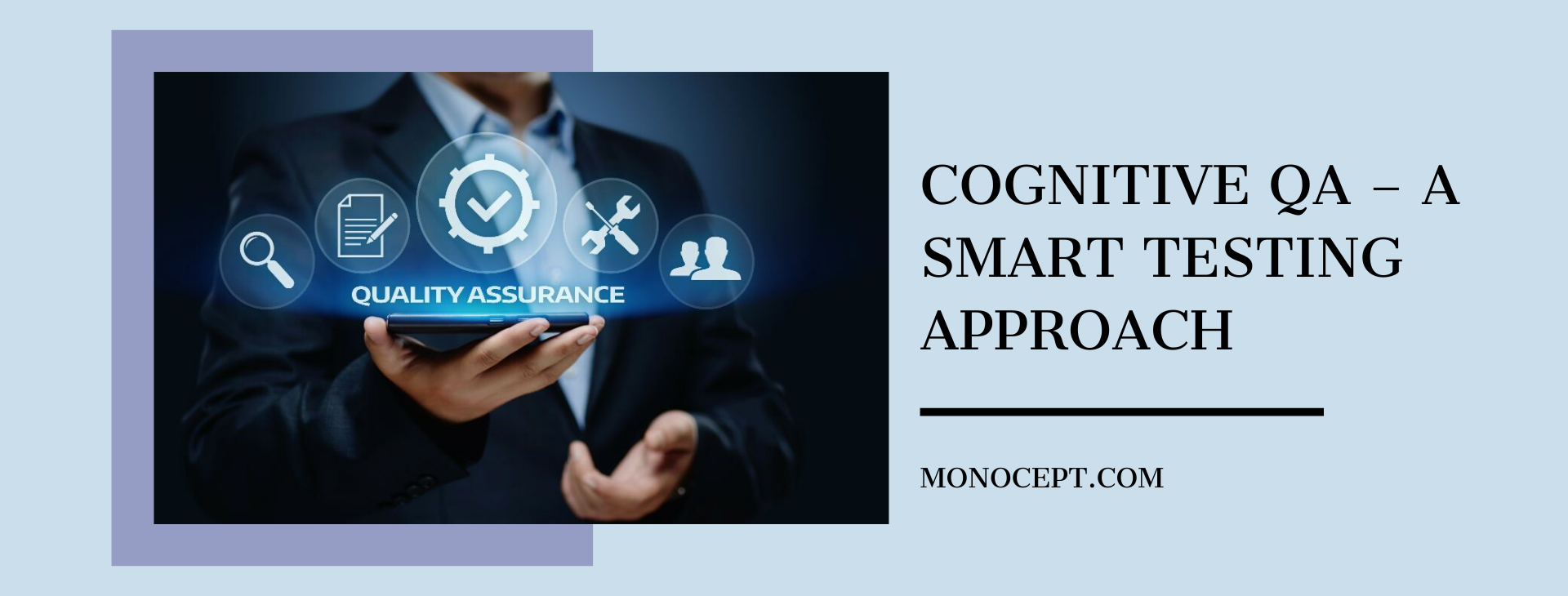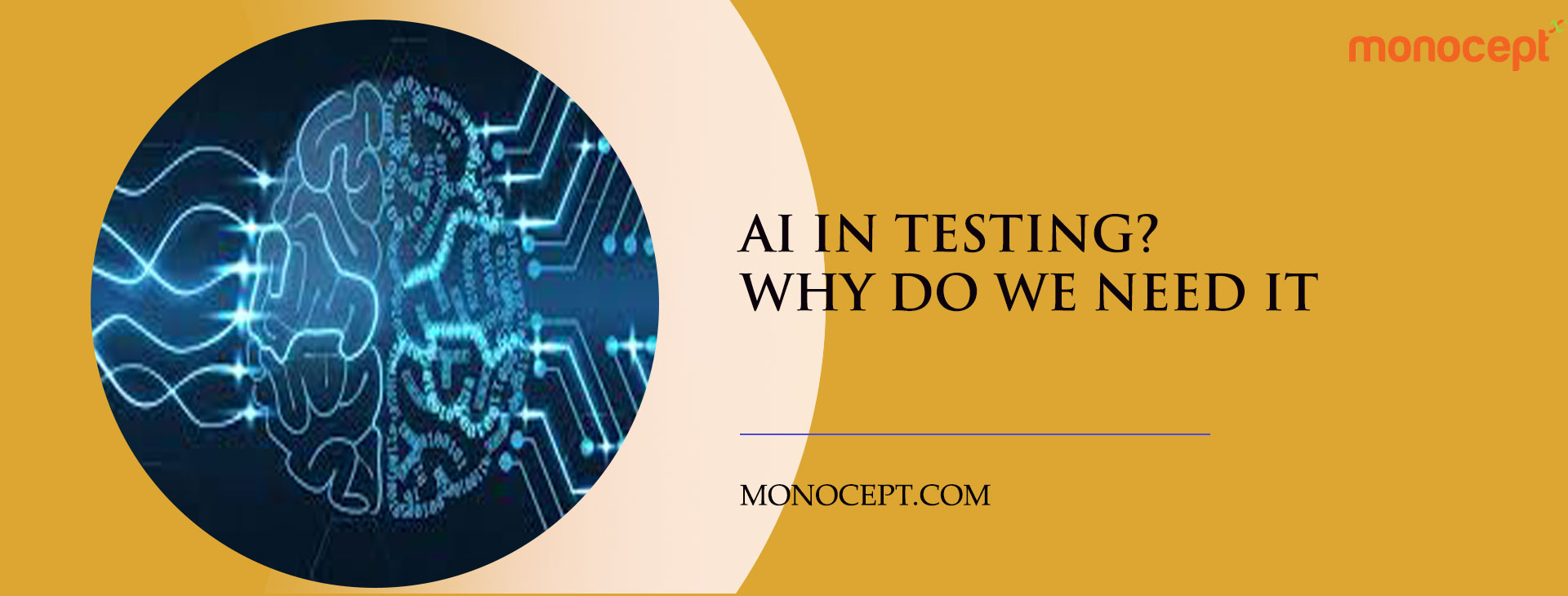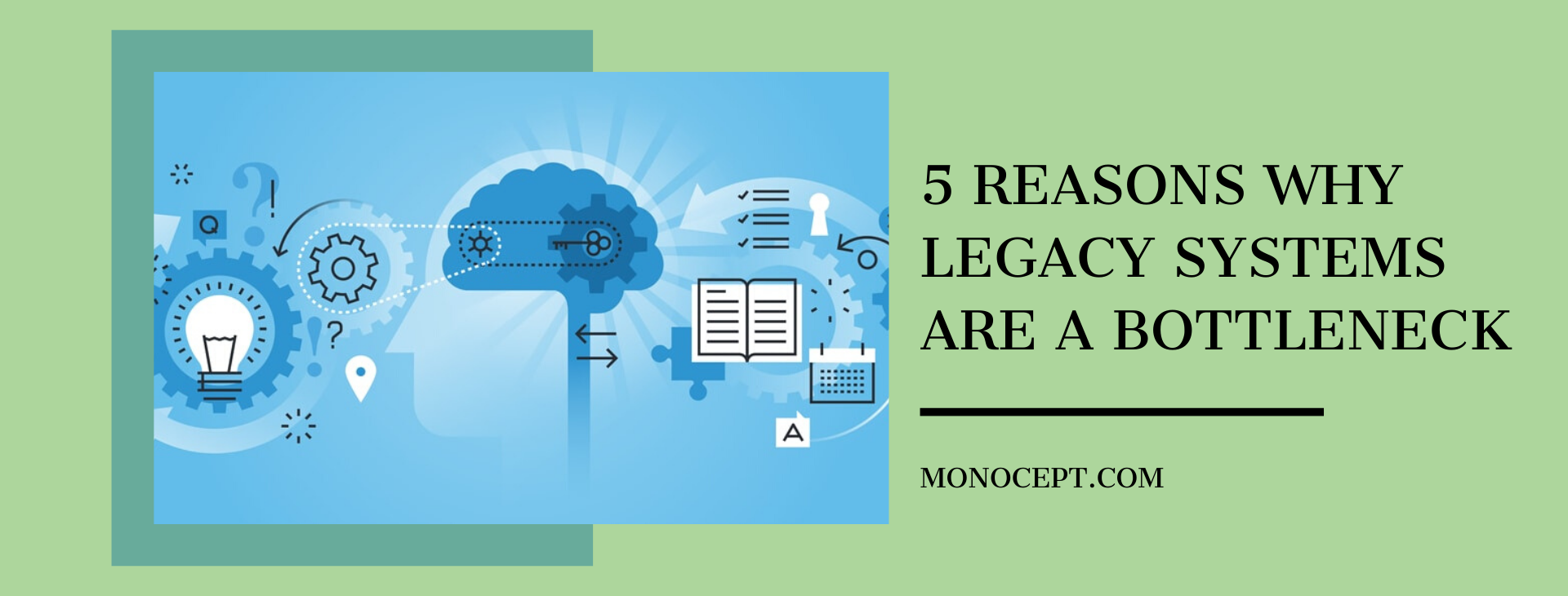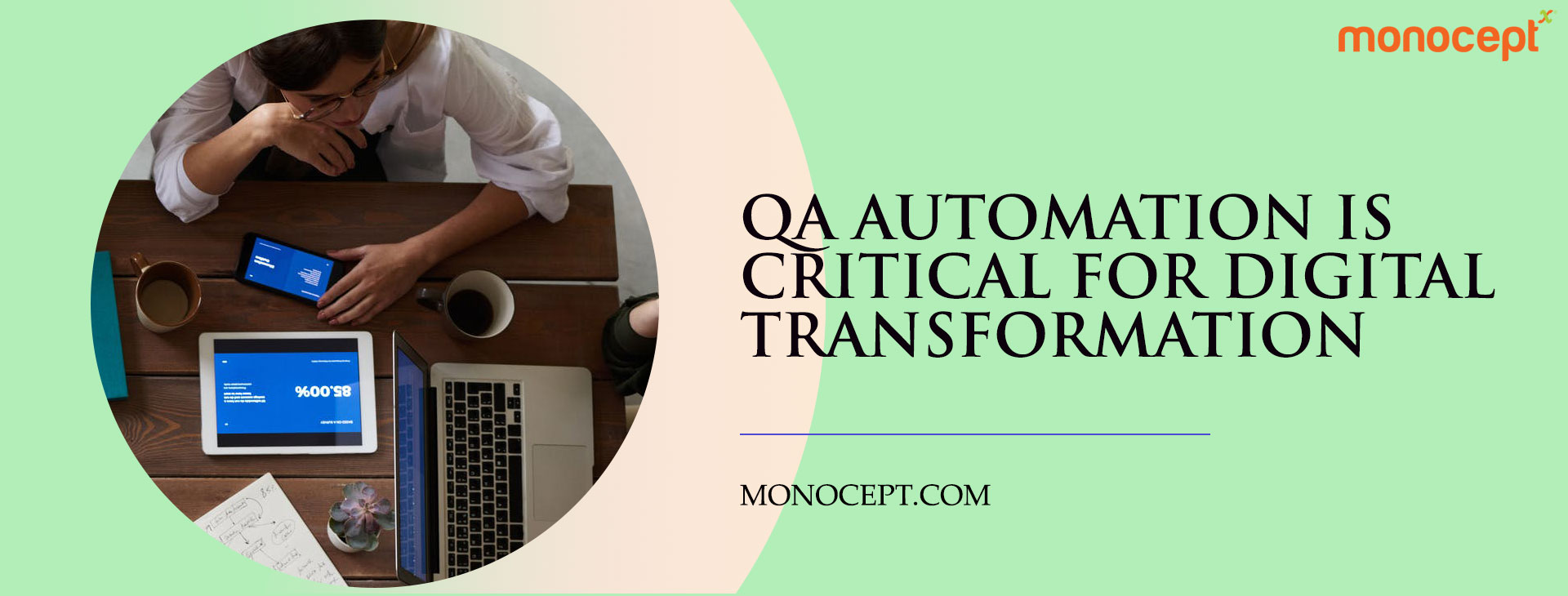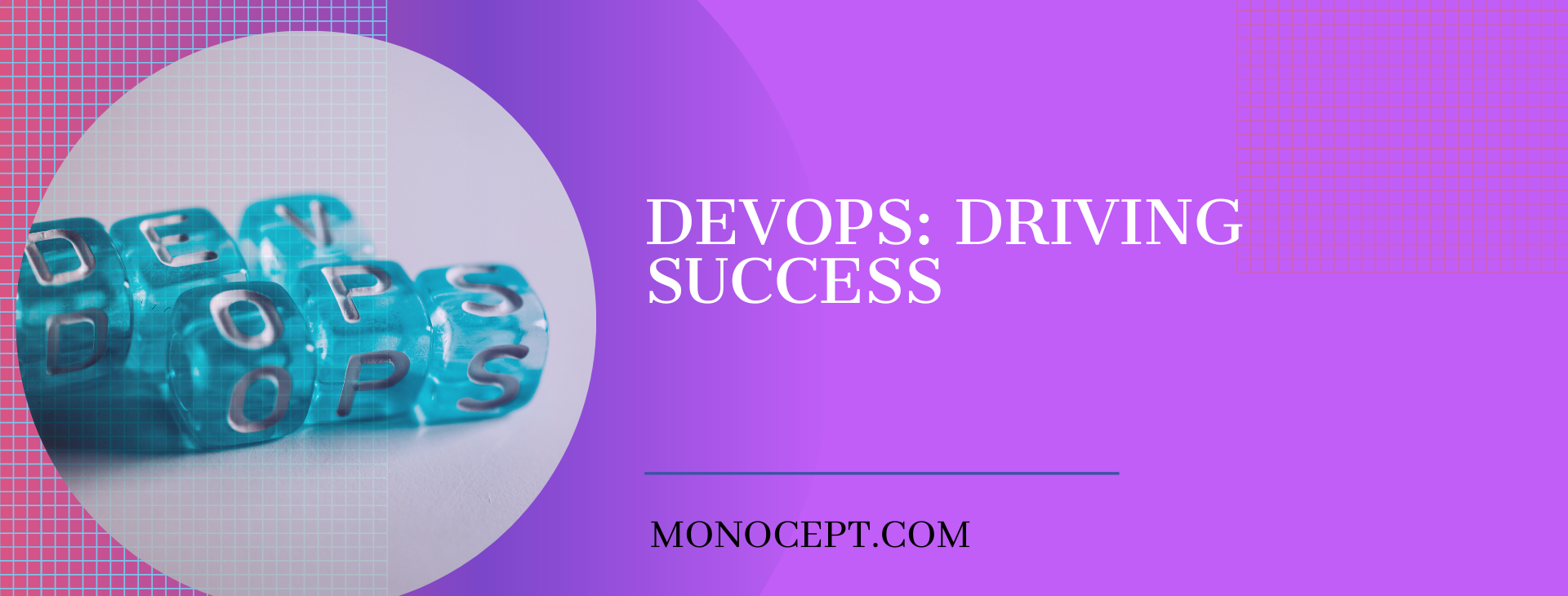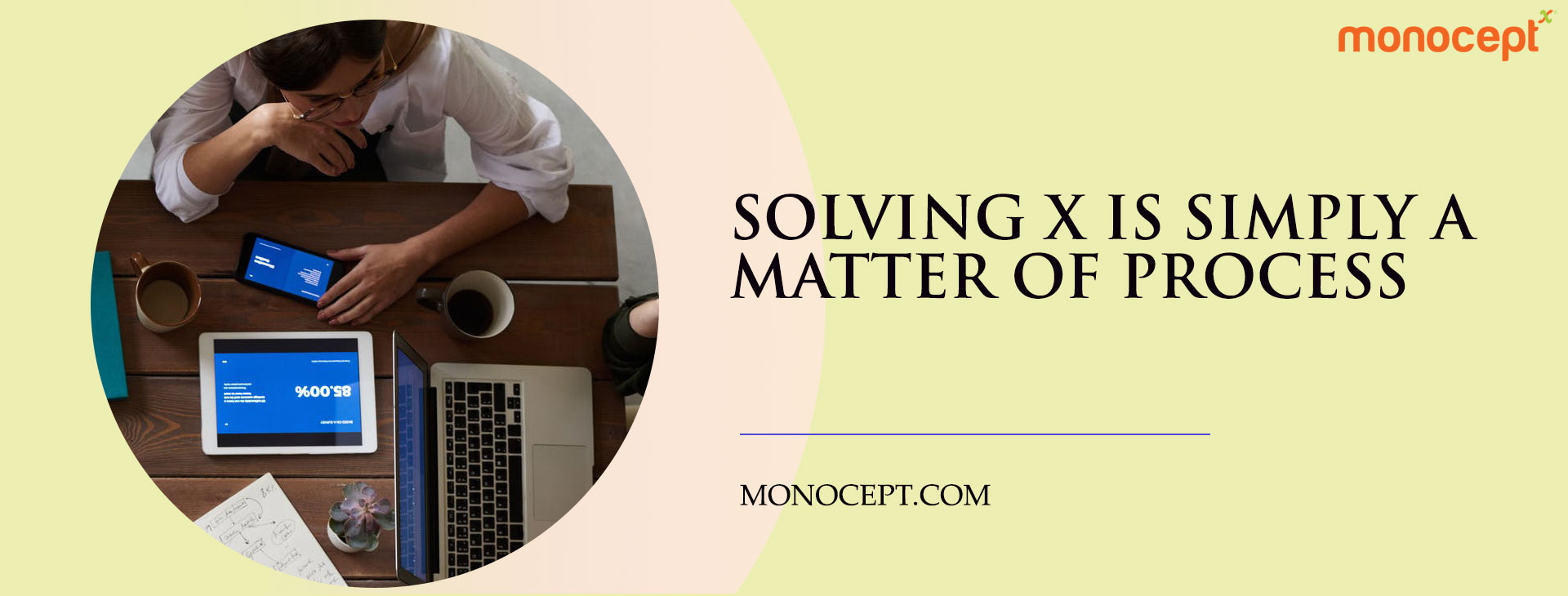Cognitive QA – A Smart Testing Approach
We’re living in a time of information explosion, thanks to rapidly evolving digital technologies and the Internet of Things (IoT). Both products and applications are becoming smarter and more sophisticated due to customers expecting and aggressively demanding better and more functionality in the shortest periods of time. Businesses will be able to create a differentiation for themselves in today’s marketplaces, or maintain a competitive advantage only if they are steer their test automation journey towards Cognitive Quality Assurance (QA).
The reason that Cognitive QA is the future of the Quality Assurance and testing operations of businesses is that as smarter products proliferate the market at record speeds, thanks to the integration of agile testing and DevOps, the number and robustness of testing of these smart software and products needs to be commensurate. Despite this glaring discrepancy in the volume of testing required and the speed at which it can be undertaken manually, businesses still rely heavily on manual testing processes, coming in the way of their own growth by impeding quality outcomes that can be achieved through the use of Cognitive QA.
According to the 2017-18 World Quality Report, as many as 42 percent of the organisations that participated in a survey believed that cognitive automation, machine learning, self-remediation, and predictive analysis are important emerging techniques when it comes to increasing outcomes and better returns from test automation initiatives.
In Cognitive QA artificial intelligence (AI), software robots, and machine learning are used for intelligent test automation and smart analytics in order to validate or disprove their assumptions of consumer needs in the future, and make decisions that are driven by customer insights. Due to this combination of capabilities, some of the most significant benefits of Cognitive QA are that it can automatically identify the most effective test set within a company’s regression suite, decide which test cases are optimal for automation, help in the creation of test cases, and, finally, test softwares as well as actual physical products.
This is important because increasingly, the challenge faced by businesses is not just deciding what to test, and how far to test it, but whether the test cases being used are actually targeting the right things. Cognitive QA ensures that testing — both the manual and automated kind — targets the right risk areas.
There are 4 key elements to successful Cognitive QA:
Quality QA dashboard: Data is the starting point of any process involving intelligent testing or analytics. A business needs to be able to rely on its accuracy and validity to be able to put its faith in the data’s predictions about the quality of its applications. A quality dashboard that incorporates real-time information such as product incidents, positive and negative customer feedback, readiness of future releases, etc about the application in question is the most important source of insights to aid decision-making.
Optimising for test automation: Deciding what to test and how many test cases are required is often a contentious and subjective process, riddled with human bias and emotional decision-making. A more focussed and relevant test effort can be achieved by using algorithms to automatically optimise test sets. The decision-making process becomes objective when algorithms are used to comprehensively analyse data to identify test cases that flag defects already pinpointed by other test sets, or which tests cover a recurring issue, making it ideal for optimisation.
Intelligent self-running automation: In addition to answering the questions of what to test and how much to automate, successful Cognitive QA involves the automatic selection of scenarios that provide the best return on investment from automation, automated generation of required test data, and automated generation and selection of test cases depending on the feature being tested.
Continuous monitoring: Definitive inferences, valuable insights and observable patterns to assess real-life risks and issues can be drawn from data only when businesses invest in tools that aid continuous monitoring, predictive analysis and self-adaptive machine learning to define test strategy and coverage.
We ensure that your organization can grow and change with the times by building future-proof services. Get in touch now or contact salesteam@monocept.com



